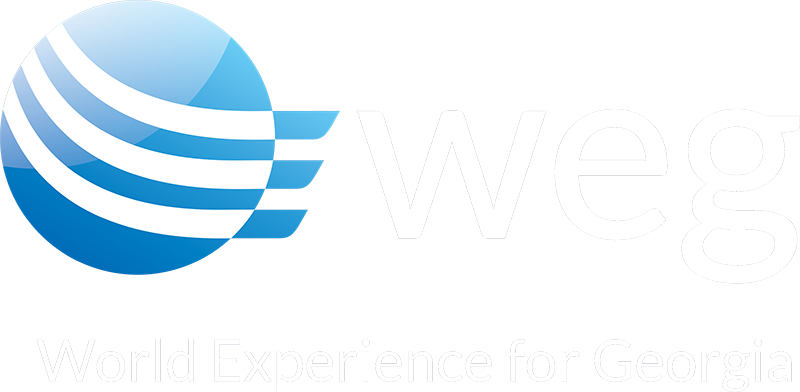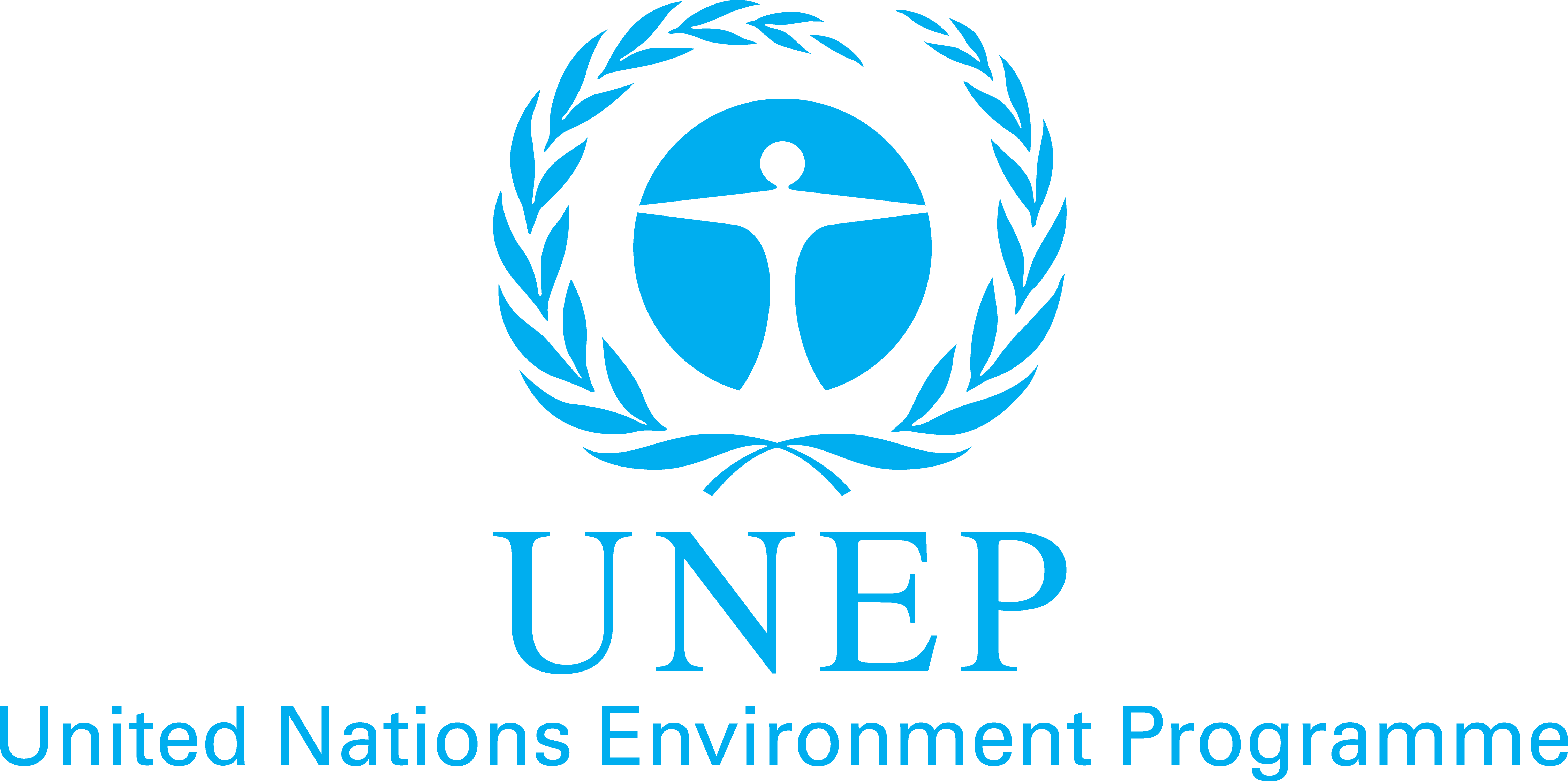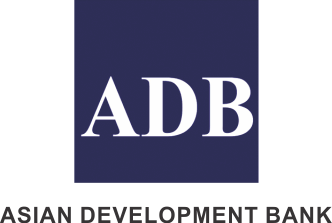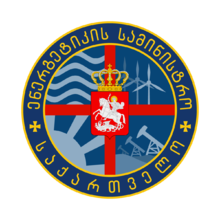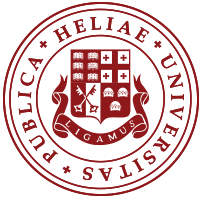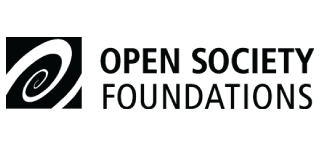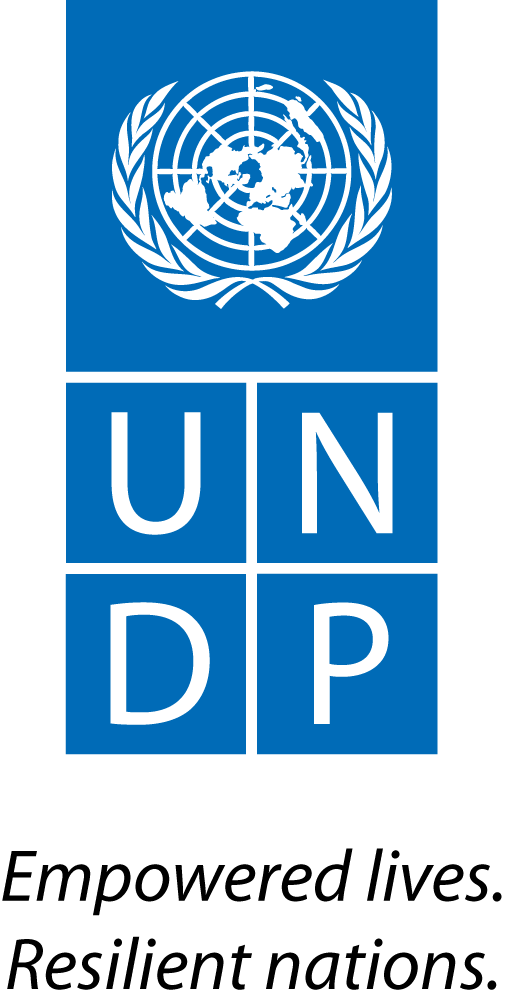Corruption in Energy Sector and it's Cost for Society
The overall goal of the project is to make stakeholders in energy deficient countries more resilient against corruption in energy sector. The project intends to contribute to this goal through following objectives:
- Provide National and International stakeholders with systematized overview of methods and recommendations for identifying and addressing the enabling environment and cases of corruption in energy sector;
- Increase capacity of CSOs working on energy and corruption issues in energy deficient countries.
- Increase citizens awareness on corruption in energy sector and its cost for society.
Energy deficient countries under the scope of the project include former Soviet and Socialist countries: Georgia, Armenia, Moldova, Ukraine, Kyrgyzstan and Bulgaria.
The proposed project intends to develop systemic approach by synthesizing the existing literature and country experiences into a methodic framework paper and analyzing the forms of corruption in energy sector (CES), its enabling environments, stakeholder interests and particular corruption schemes based on it. The practical recommendations for addressing the CES will be developed and presented to national governments and international stakeholders. The methodology and illustrative analyses of country specific case studies will be summarized in a high-level international publication. Country cases will describe the most important, high impact occurrences of alleged corruption at different levels and in different energy subsectors that can constitute either illegal or allowed activity under existing legislation.
